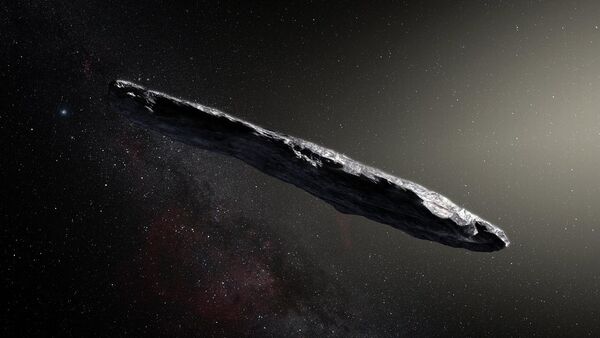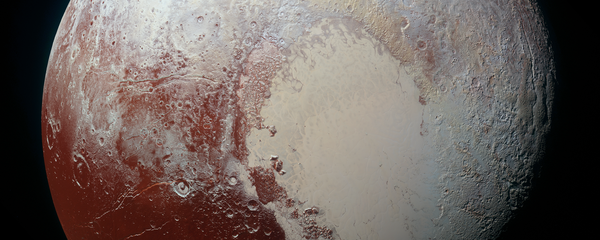'Oumuamua (1I/2017 U1) is a Hawaiian word meaning "a messenger from afar arriving first.” It was first observed on October 19 by the Pan-STARRS telescope in Hawaii.
It sent waves of excitement around the globe when scientists said that the fast moving object was coming from another solar system.
At first it was thought that 'Oumuamua was a comet, a cosmic ball of ice and dust that forms a halo or coma when it gets close to the sun.
"The consensus was that it was asteroidal because there was no gas and there was no dust," said Karen Meech, an astronomer at the Institute for Astronomy at the University of Hawaii.
— NASA (@NASA) June 27, 2018
She went on to say that the object looked reddish, or in other words it speckled the red end of the light spectrum better than blue, like comets.
In a new study published in the journal Nature, Meech indicated that 'Oumuamua is indeed a comet despite it being a little bit different compared to those in our own solar system.
— NASA (@NASA) June 27, 2018
"Every time we study this object in more detail it's giving us a little bit more of a surprise," Dr. Meech added.


